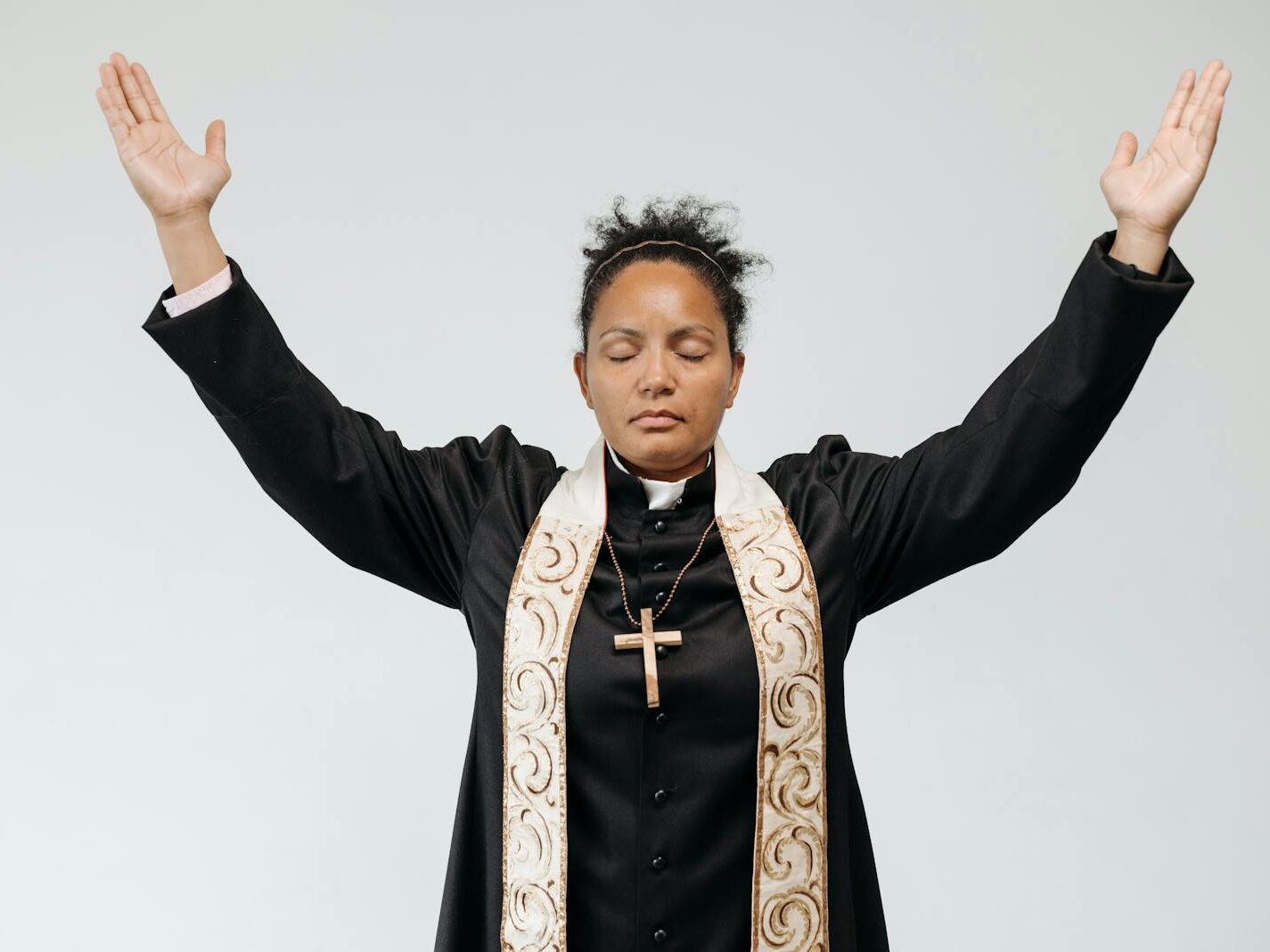
Faith can be very personal, but so can non-belief. Where conversations go wrong is when assumptions replace real listening. Many non-believers aren’t frustrated by religion itself, but by the repeated phrases and arguments that feel dismissive of their worldview. These lines come up again and again, leaving them more drained than open to dialogue. Here are 15 things non-believers are tired of hearing from believers, and why they often land poorly.
“You just haven’t found God yet.”

This implies disbelief is only a temporary stop on the way to faith, as if it’s inevitable that everyone eventually converts.Non-believers often reach their views through reflection, study, or life experience, and being told they “just haven’t arrived” invalidates that process. To them, it feels less like an invitation and more like a dismissal of their current identity.
“Deep down, you know He’s real.”

Claiming to know what someone else believes internally comes across as condescending. Non-believers are tired of being told their convictions are a form of denial rather than genuine disbelief. When a believer insists, “You believe — you’re just ignoring it,” it closes the door to honest discussion and paints the non-believer as dishonest about their own mind.
“Without faith, life has no meaning.”

This assumes the only source of purpose is religion. Yet many non-believers find meaning in relationships, creativity, curiosity, or contributing to humanity. Suggesting that their lives are empty without belief doesn’t just sound insulting — it erases the real sense of fulfillment they experience every day outside of a religious framework.
“You’ll believe when tragedy strikes.”

This feels less like empathy and more like a threat. Non-believers are weary of being told their pain will inevitably lead them to faith, as if suffering is a recruitment tool. Many find resilience in philosophy, community, or inner strength, and they dislike the assumption that hardship automatically equals religious awakening.
“Morality only comes from God.”

Hearing that non-believers can’t be moral without religion gets exhausting. It suggests their kindness, honesty, or compassion doesn’t count because it isn’t rooted in faith. Many non-believers pride themselves on living ethical lives based on empathy, fairness, or human responsibility. For them, morality isn’t exclusive to religion — it’s part of being human.
“I’ll pray for you.”

While often said kindly, this phrase can feel patronizing depending on the context. If it replaces meaningful conversation, it can sound like, “You’re broken and need fixing.” Non-believers don’t object to prayer itself but dislike it when it feels like a substitute for genuine understanding or an assumption that their life is lacking.
“You’re just angry at God.”

This stereotype suggests disbelief comes from bitterness rather than thought. Non-believers are tired of being cast as people who secretly believe but reject God out of spite. For many, their lack of faith isn’t rooted in resentment — it’s simply the conclusion they’ve reached after exploring the question honestly.
“Science can’t explain everything.”

While true, this line is often used as a shortcut to justify belief without real discussion. Non-believers are comfortable with mystery and unanswered questions, but they don’t see that as proof of religion. They get weary when curiosity is reframed as evidence that they must secretly believe in the supernatural.
“One day you’ll regret not believing.”

Framing disbelief as a ticking time bomb — whether in this life or the afterlife — feels manipulative. Non-believers dislike faith being sold as an insurance policy against regret or punishment. It creates fear instead of respect, and makes dialogue about belief feel like a sales pitch rather than an exchange of ideas.
“You’re missing out on true joy.”

This statement suggests that whatever happiness non-believers feel is shallow or incomplete. In reality, many experience joy in love, learning, exploration, and human connection. Being told they lack “real” joy minimizes their lived experience and can feel dismissive rather than inviting.
“You can’t really understand love without God.”

Non-believers often push back strongly on this idea, since love is one of the most universal human experiences. They love partners, children, and friends deeply, without connecting it to faith. To them, suggesting that their understanding of love is counterfeit feels not only unfair but also disconnected from reality.
“Even you have faith in something.”

This line usually equates trust in science, reason, or personal conviction with religious faith. Non-believers see this as twisting definitions to blur differences. They’re tired of having their rational confidence reframed as belief, when to them, faith and evidence-based trust are two very different things.
“I’ll ask God to reveal Himself to you.”

Though often well-intentioned, it can feel like a refusal to respect boundaries. For non-believers, this suggests the believer doesn’t trust them to know their own mind. Many would rather engage in an open, respectful exchange of ideas than be treated as someone waiting passively for divine intervention.
“You just want to live without rules.”

This stereotype paints non-believers as selfish, reckless, or rebellious. It assumes their worldview comes from wanting to escape accountability rather than from genuine conviction. In reality, many live disciplined, ethical lives guided by conscience, community, and reason — not by a desire to “avoid” morality.
“I used to be like you.”

Framing disbelief as a phase or immaturity is dismissive of non-believers’ identities. It suggests they’re simply at an earlier stage on the road to faith, rather than acknowledging their worldview as valid in its own right. Hearing this repeatedly can feel patronizing, as if their carefully held perspective is nothing more than a mistake waiting to be corrected.

